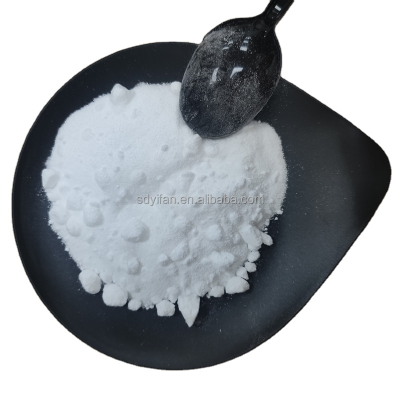-
Categories
-
Pharmaceutical Intermediates
-
Active Pharmaceutical Ingredients
-
Food Additives
- Industrial Coatings
- Agrochemicals
- Dyes and Pigments
- Surfactant
- Flavors and Fragrances
- Chemical Reagents
- Catalyst and Auxiliary
- Natural Products
- Inorganic Chemistry
-
Organic Chemistry
-
Biochemical Engineering
- Analytical Chemistry
- Cosmetic Ingredient
-
Pharmaceutical Intermediates
Promotion
ECHEMI Mall
Wholesale
Weekly Price
Exhibition
News
-
Trade Service
The Board of Directors of the Asian Development Bank (ADB) has approved a total allocation of $36.
6 million to deploy the Micronesia Submarine Cable to help provide low-cost, high-quality Internet services
in Kosrae in the Federated States of Micronesia, Tarawa and Christmas Island in Kiribati, and Nauru.
ADB approves US$36.
6 million to finance the Micronesia submarine cable project
The allocation, which includes $21.
6 million to Kiribati and $15 million to Nauru, is part of
an ADB-supported project to improve internet connectivity in Micronesia.
The project will help install a submarine cable connection between Christmas Island and the Trans-Pacific cable system connecting Australia and Hawaii, while funding
the East Micronesia Cable (EMC) system shared by Nauru.
The EMC system will be co-financed
by the World Bank and ADB.
"The submarine cable project will complement the ongoing and existing cable systems
connecting all major islands in the North Pacific.
" Emma Veve, Head of ADB's Pacific Department, said, "The submarine cable project will connect the Micronesian subregion with the rest of the world, providing the potential
for faster and more affordable internet.
”
In all three participating countries, while demand for mobile phones (the main form of Internet connectivity) is strong and growing, Internet services remain weak
.
The proximity of Kiribati and Nauru to the nearest internet hubs has become a major cost constraint for these countries to explore the installation and operation of stand-alone submarine cable systems to meet their needs
.
The carve-off approach linking Kosrae, Kiribati and Nauru is a technological solution that will help countries share capital and operating costs
.
The submarine cable project will provide faster and better quality internet, facilitate the education and training of the workforce, improve the delivery of basic public services, and open up new business opportunities
.
,
The Board of Directors of the Asian Development Bank (ADB) has approved a total allocation of $36.
6 million to deploy the Micronesia Submarine Cable to help provide low-cost, high-quality Internet services
in Kosrae in the Federated States of Micronesia, Tarawa and Christmas Island in Kiribati, and Nauru.
ADB approves US$36.
6 million to finance the Micronesia submarine cable project
6 million to finance the Micronesia submarine cable project
The allocation, which includes $21.
6 million to Kiribati and $15 million to Nauru, is part of
an ADB-supported project to improve internet connectivity in Micronesia.
The project will help install a submarine cable connection between Christmas Island and the Trans-Pacific cable system connecting Australia and Hawaii, while funding
the East Micronesia Cable (EMC) system shared by Nauru.
The EMC system will be co-financed
by the World Bank and ADB.
"The submarine cable project will complement the ongoing and existing cable systems
connecting all major islands in the North Pacific.
" Emma Veve, Head of ADB's Pacific Department, said, "The submarine cable project will connect the Micronesian subregion with the rest of the world, providing the potential
for faster and more affordable internet.
”
In all three participating countries, while demand for mobile phones (the main form of Internet connectivity) is strong and growing, Internet services remain weak
.
The proximity of Kiribati and Nauru to the nearest internet hubs has become a major cost constraint for these countries to explore the installation and operation of stand-alone submarine cable systems to meet their needs
.
The carve-off approach linking Kosrae, Kiribati and Nauru is a technological solution that will help countries share capital and operating costs
.
The submarine cable project will provide faster and better quality internet, facilitate the education and training of the workforce, improve the delivery of basic public services, and open up new business opportunities
.
,







